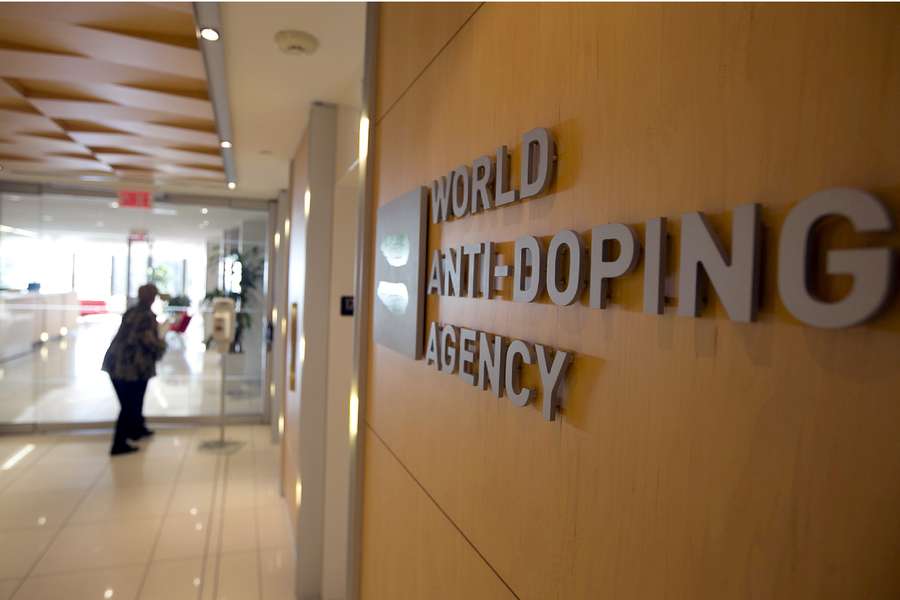WADA's 'Operation LIMS' passes 200 sanctions of Russian athletes

The suspensions are the result of data and samples retrieved by WADA's Intelligence and Investigations team into the Moscow Laboratory Information Management System (LIMS).
A total of 203 Russian athletes have been sanctioned by 17 anti-doping organisations with an additional 73 charged.
Another 182 cases remain under investigation.
"The continued success of WADA’s ‘Operation LIMS’ investigation is a testament to the significant work being conducted by the Agency’s Intelligence and Investigations, and Legal Affairs departments," WADA president Witold Banka said in a statement.
"I would also like to thank the International Federations and other Anti-Doping Organisations that have diligently followed up on the evidentiary packages WADA provided to them and continue to bring cases as appropriate.
"WADA is following up with all the relevant authorities involved in the investigation to ensure justice is served for athletes around the world.”
In 2015, the Russian Anti-Doping Agency (RUSADA) was declared non-compliant with the WADA Code after an investigation uncovered widespread institutionalised doping.
WADA’s Executive Committee voted in 2018 to reinstate RUSADA subject to a number of conditions that included access to all data from the LIMS.
It was later determined some data retrieved had been manipulated which led to WADA again asking RUSADA to be ruled non-compliant and face another four years of penalties.
Russia appealed the proposed sanctions to the Court of Arbitration for Sport and had them reduced to two years.
The LIMS investigation team was able to forensically recover much of the manipulated and deleted data which has contributed to hundreds more cases being built against athletes caught up in the Russian doping program.
